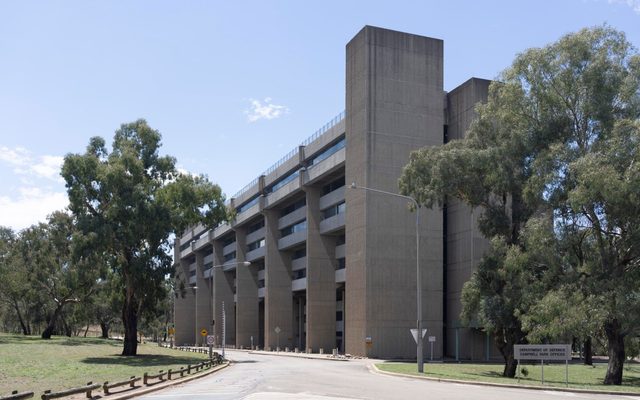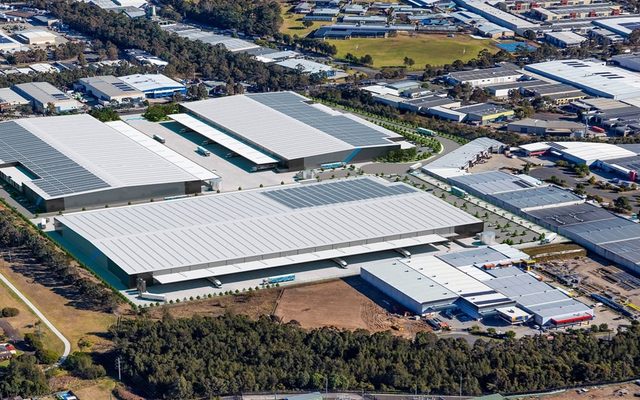This article is from the Australian Property Journal archive
BUNNINGS has offloaded a portfolio of warehouse across Australia and New Zealand to CBRE Global Investors in a $180 million sale-and-leaseback deal at a tight yield of close to 5%, as hardware retail continues to prove its popularity as an asset class.
The transaction lands within weeks of Charter Hall’s $187 million purchase of a portfolio of Bunnings warehouses, and the launch of its new fund targeting consumer staples companies it seeded with its recently acquired Bunnings site in Tasmania’s Burnie, citing the sector’s resilience.
Of the four Bunnings warehouses that have just changed hands, two are located in Sydney, one in Adelaide and one in Auckland, all in metropolitan area or on arterial roads, with three under construction at the time of the deal.
They total more than 54,000 sqm of net lettable area and each sold with new 12-year initial lease terms and options through to 60 years.
JLL’s Stuart Crow and Stuart McCann negotiated the deal on behalf of Wesfarmers-owned Bunnings, saying both parties are willing to grow the portfolio over time.
Chris Johnston, CBRE Global Investors’ director of investment – Australia and New Zealand, factors expected to drive growth in the properties’ markets include household disposable income, renovation activity, housing churn, value and formation, weather, lifestyle and demographic trends, government activity and technology.
“This portfolio provides exposure to a strong credit tenant who is a leading retailer in the home improvement market with quality assets and attractive lease terms.
“Additionally this segment of the retail sector is a preferred one, and this transaction is part of a focused programmatic strategy on behalf of our Global Separate Accounts business,” he added.
Charter Hall has just launched its Direct Diversified Consumer Staples Fund, with the Burnie Bunnings it nailed in a $21 million deal at a 6.1% yield in September.
Group executive – global investor relations at Charter Hall, Richard Stacker, said leading consumer staples companies have operated for decades through many economic cycles.
“They tend to dominate the industry they operate in with high barriers of entry to new competitors.
“These features create a resilience to their earnings, providing an excellent tenant for landlords looking for security of cashflows from the underlying properties,” Stacker said.
The 12,254 sqm Burnie warehouse is on a 3.04-hectare and has a 12-year lease to Bunnings, and formed part of the fund’s initial portfolio alongside fuel group Viva Energy and smallgoods producers and distributors Hans and Primo.
Last month, Charter Hall spent $187 million on a portfolio of Bunnings sites that were formerly tenanted by Woolworths’ failed Masters hardware chain. They will be placed in its $700 million-plus unlisted wholesale fund Long WALE Hardware Partnership, and takes its own portfolio of Bunnings stores to 41.
The vendor, private group Home Consortium, took on the 61 then-empty Masters sites last year in a $725 million deal. During this year it announced plans to converting some of the sites into their own malls and open 10 before Christmas.
Bunnings Warehouse Grey Lynn in central Auckland’s sold in June for NZ$37.77 million, at a 4.98% yield, while a private investor paid $25.5 million at the end of last year for the 14,272 sqm Bathurst Bunnings at a 5.35% yield, with a 12-year lease and options until 2077.
Crow said the newest deal is another demonstration of the weight of international capital targeting Australian real estate, with the underlying capital in the Australian Unit Trust behind CBRE Global Investor’s acquisition being from offshore sources.
JLL’s platform had received more than $25 billion, of which more than $15 billion of this capital has been from offshore. McCann said this was due to Australia’s transparent markets, relatively stable political environment and long-lease structures with embedded growth.
Australian Property Journal




